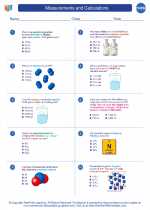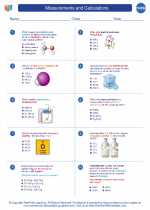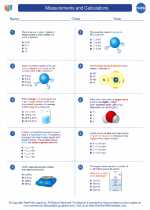Specialized Lubricants
Lubricants are substances that are used to reduce friction between surfaces in contact with each other. They are widely used in various industries to improve the efficiency and longevity of machinery and equipment. Specialized lubricants are designed to meet specific requirements and operating conditions, such as extreme temperatures, high pressure, or corrosive environments.
Types of Specialized Lubricants
1. High-Temperature Lubricants: These lubricants are designed to operate efficiently at elevated temperatures, where conventional lubricants would break down or evaporate. They are commonly used in industrial ovens, kilns, and high-performance engines.
2. Food-Grade Lubricants: These lubricants are formulated to be safe for use in food processing and packaging equipment. They must comply with strict regulations to ensure that they do not contaminate the food products in any way.
3. Biodegradable Lubricants: These lubricants are environmentally friendly and are made from renewable sources. They are used in applications where the potential for environmental contamination is a concern, such as in forestry and marine operations.
4. Extreme Pressure (EP) Lubricants: These lubricants are designed to withstand very high pressure and heavy loads. They are commonly used in industrial gears, bearings, and metalworking applications.
Properties of Specialized Lubricants
Specialized lubricants often have unique properties that make them suitable for specific applications:
- Viscosity: The viscosity of a lubricant determines its ability to form a protective film between moving parts. Specialized lubricants may have high or low viscosity, depending on the application.
- Thermal Stability: Specialized lubricants must be able to maintain their properties at extreme temperatures without breaking down or vaporizing.
- Chemical Compatibility: In industries such as pharmaceuticals and chemicals, lubricants must be compatible with the substances they come into contact with.
- Corrosion Resistance: Lubricants used in marine or humid environments must have corrosion-resistant properties to protect metal surfaces.
Study Guide
When studying specialized lubricants, it's important to understand the following key concepts:
- Identify the different types of specialized lubricants and their specific applications.
- Understand the properties that make specialized lubricants suitable for extreme conditions, such as high temperature, extreme pressure, or food-grade requirements.
- Be familiar with the testing and certification standards for specialized lubricants, such as NSF H1 for food-grade lubricants.
- Learn about the environmental and safety considerations associated with the use of specialized lubricants, including biodegradability and toxicity.
- Explore case studies and examples of specialized lubricant applications in various industries, such as aerospace, automotive, and manufacturing.
By mastering these concepts, students can gain a comprehensive understanding of the role and significance of specialized lubricants in modern industrial practices.
Hopefully, this study guide provides a solid foundation for learning about specialized lubricants and their applications in various industries.
.◂Chemistry Worksheets and Study Guides High School. Measurements and Calculations

 Worksheet/Answer key
Worksheet/Answer key
 Worksheet/Answer key
Worksheet/Answer key
